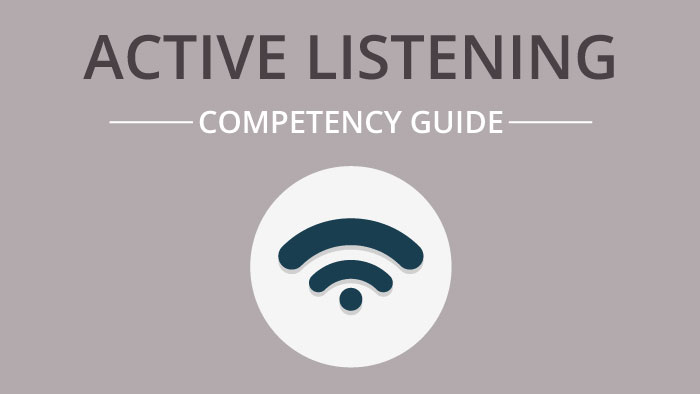
Criticism tends to naturally come fraught with emotions, but in order for it to be constructive, it takes intentional steps to move through the emotions and toward solutions.
What’s your knee-jerk reaction when someone voices criticism of your performance or how you handled a situation? Are you immediately on the defense and refuse to hear their points? It’s easy to have that reaction – we all have pride and it doesn’t like to be hurt.
You probably know some people that are incredibly open to criticism, though. How do they do it? How do they resist either drowning out criticism or letting it cripple their confidence?
They prepare for negative feedback rather than presume it’ll all be positive.
They respond rather than react.
They dig deeper rather than dig in their heels.
Prepare, Respond, Dig Deeper
Being criticized can sometimes feel like a mini crisis, but if you learn to handle it like a trained first responder, you can diffuse those unhelpful emotions on both the giving and receiving ends. First responders are able to do their jobs effectively because they’re prepared for emergencies – they aren’t surprised by them. The first step to receiving criticism graciously is to form a mindset that welcomes and expects it.
When you aren’t surprised by people being critical of you or your work, you can learn to form a response that immediately begins steering you toward a resolution. Responses are based on the conscious mind while reactions are solely unconscious. A response that comes from a prepared mind effectively shifts the focus from the self to everyone involved.
When responding to someone who’s being critical, try asking questions to understand exactly what they’re saying. They may have put a lot of thought into how to approach you, or they may be immediately reacting to your work or a situation (we’ll get to tips on how best to give criticism in a moment).
Either way, digging deeper with questions will help you uncover the constructive root of their comments.
- Ask for specific examples of when or how they think you were in error
- If you hear any facts in what they’re saying, acknowledge them as true
- Try to learn if this was a one-time issue or something that has been ongoing
- Ask what solutions they think will help to address the issue
Remember, taking criticism doesn’t mean you have to agree with it. Someone may present criticisms based on misunderstanding or incomplete knowledge. But shooing them away is the wrong way to respond – listening to what they have to say creates a learning opportunity for everyone.
The Yin and Yang of Giving Criticism
When it comes to giving criticism, many people will cringe at the thought of correcting someone or sounding like they know better (even if they obviously do). In those cases, fear of being critical can get in the way of helping the recipient learn and improve.
On the other end of the spectrum, some people don’t know how or don’t care to factor in any level of sensitivity with their criticisms – the phrase “tough love” loses the “love” aspect. In that situation, it makes everything we talked about on the receiving end ten times more difficult, and lengthens the time it’ll take to move past emotions to a resolution.
To find the balance in between those two extremes and actually provide effective, constructive criticism, here are several guidelines to think through before voicing your feedback:
What’s your motive?
Are you truly focused on helping the other person learn through giving them criticism, or is this an opportunity to satisfy a need to feel superior? Even with little criticisms, check your motives before you broach the subject.
Stay genuine
The “feedback sandwich” has been a method often recommended in management training because of the assumptions that bad news is best served between two slices of good news. However, this approach can take away any credibility from not only the negative feedback, but also make the positive “bread” seem insincere, thus the entire sandwich crumbles. Be sensitive, but shoot straight.
Focus on the actions themselves
Talk about how you’d like to see changes to a person’s actions, work or outcomes, but stay away from language that makes them feel attacked as a person. Rather than saying, “You’re sloppy with your reports,” say instead, “Your reports could be cleaned up and more understandable if you create separate sheets for different categories of items.”
Check your timing
Offering criticism in the moment will make it less effective than if you take some time to think through it and come with solutions rather than only critiques. If someone has just finished a nerve-wracking presentation, don’t give your criticisms before they’ve had a chance to let their nerves settle and really hear the heart of the feedback.
Whether you’re on the giving or receiving end of criticism, being prepared to have a genuine discussion about the issue presented will allow both parties to learn from the experience. Respect and consideration go a long way, even if you end up agreeing to disagree.
Watch a 1-minute preview of “What to Say When: Someone Criticizes You” from The BizLibrary Collection here:

